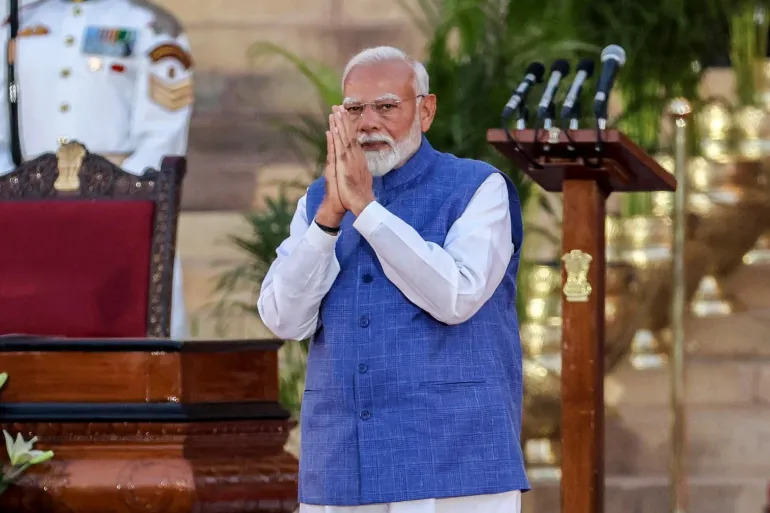New Delhi, India – The Indian government has introduced a controversial bill that could remove elected leaders from office if they are jailed for 30 consecutive days on serious criminal charges – even before they are convicted.
The proposal, tabled by Prime Minister Narendra Modi’s Bharatiya Janata Party (BJP), says that if a leader – including a Prime Minister, state Chief Minister, or any minister – is detained on charges carrying a minimum sentence of five years, they would automatically lose their post.
The bill also states that leaders can return to their positions if they are granted bail or later acquitted. The government claims this law will help fight corruption and restore public trust in politics.
However, the opposition strongly disagrees. Lawmakers tore up the bill in Parliament and accused the government of trying to weaken democracy. They say the law could be misused to target political rivals by arresting them on false charges and keeping them in jail for 30 days, without a court verdict.
“This bill goes against the principle of innocent until proven guilty,” said Manish Tewari, a leader from the Congress Party.
Critics also argue that this law would give the central government more power over state governments, which could break India’s federal balance.
The proposal comes at a time when Modi’s BJP does not have a majority in Parliament and relies on smaller allies to stay in power. Analysts believe the bill might not pass because it requires a two-thirds majority, but it could still be used as a political tool ahead of upcoming state elections.
Experts warn that the debate around this bill could be a distraction from other issues facing the government, such as economic challenges, allegations of voter fraud, and foreign policy tensions with the US over new tariffs.
While many agree that corruption in politics is a serious problem – nearly half of Indian MPs face criminal cases – the question remains: Will this law fight corruption, or will it be used to silence the opposition?



